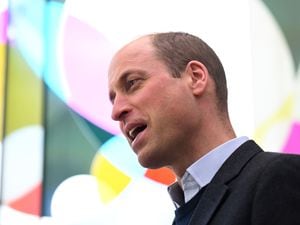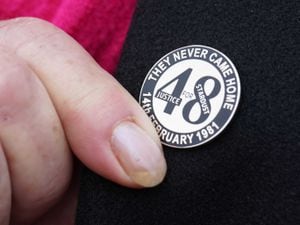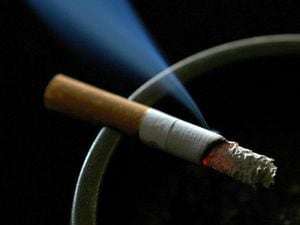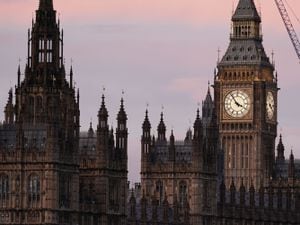Second pub lockdown leaves staff ‘absolutely broken’
Karina Bowlby, who owns The Fat Pheasant near Edinburgh, says the hospitality industry has been ‘made a bit of a scapegoat’.
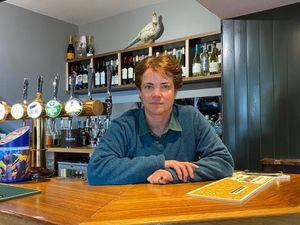
Pub staff are being left “absolutely broken” at having to shut down for a second time, according to one landlord in Scotland.
Karina Bowlby, who owns The Fat Pheasant at Newton, near Edinburgh, was on Friday preparing to close her pub until at least October 25 as new restrictions come into force at 6pm.
It comes as a blow to Ms Bowlby and her team, who felt like they had only just got back on track after being allowed to reopen from the first Covid-19 lockdown in July.
“Last weekend, we were fully booked and the team were on a high thinking, ‘This is great, we’ve got everyone’s trust and confidence back again, things are going to be really good from now on’.

“It was extremely hard seeing their faces when that announcement came through on Thursday because they looked absolutely broken.
“They looked like they’d had the wind completely taken out of them.”
Like many in the industry, Ms Bowlby feels hospitality has been unfairly singled out for tighter restrictions.
They believe the Government has not produced any strong evidence to show a significant level of transmission is occurring in pubs, restaurants and cafes.
She said: “We’ve spent a lot of money making the premises Covid-secure: we have hand sanitisers everywhere, we’re very, very strict with people coming in, and I feel we’ve done all we can.
“I just don’t feel there’s justification for shutting down the pubs.
“The stats don’t warrant it, as regards to the amount of infections from a premises, and I’m just really, really frustrated.
“I feel we’ve been made a bit of a scapegoat really.”
Ms Bowlby said she accepted some measures were needed in the central belt of Scotland, where transmission rates have been high, but felt it was “highly unfair” on businesses in other areas of the country where rates are relatively low.
And she suggested a more appropriate measure within the central belt would have been to restrict the sale of alcohol, allowing businesses to stay open and continue to sell food.
Now she faces another period of closure and, after that, an uncertain future with customers potentially apprehensive to return.
“This is what the politicians don’t understand,” she said.
“If you lock down a business, on the day it reopens it just doesn’t ping back to normal levels. It takes time.”

